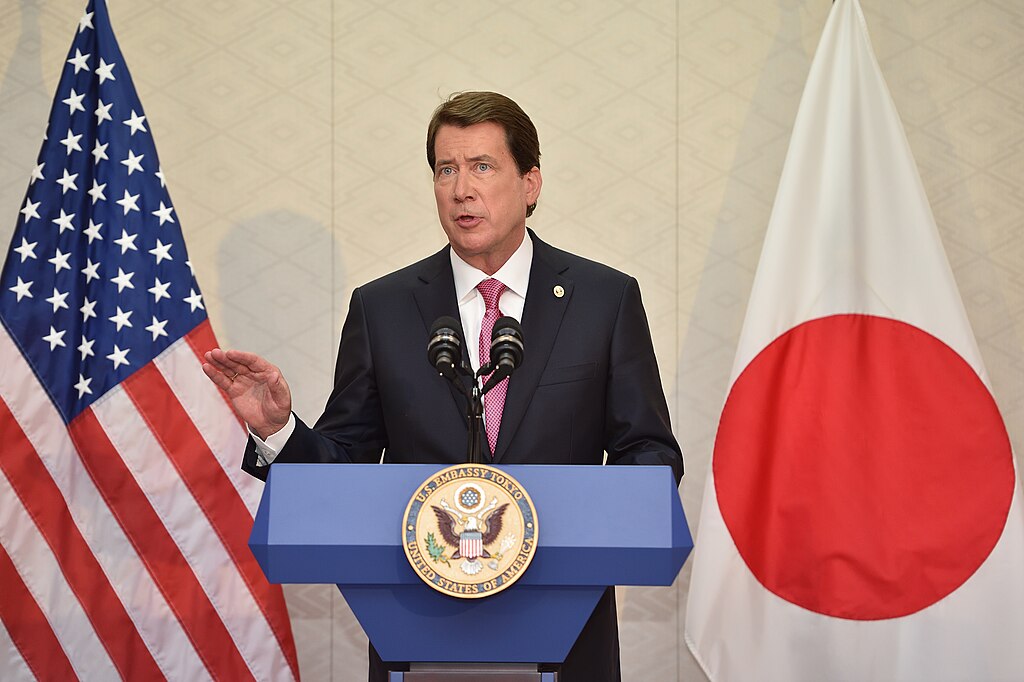The U.S. Senate may soon debate and potentially pass the "Guiding and Establishing National Innovation for U.S. Stablecoins" (GENIUS) Act, a bipartisan bill aiming to create the country’s first regulatory framework for payment stablecoins like USDC and USDT. Sponsored by Senator Bill Hagerty (R-TN) and co-led by Senator Kirsten Gillibrand (D-NY), the legislation has been positioned as a pro-growth yet protective approach to digital asset oversight.
Despite recent setbacks—including the failure to clear a cloture vote—the bill is expected to return for a critical 60-vote threshold on Monday, possibly paving the way for further debate and passage. The latest version of the GENIUS Act includes revised language to address Democratic concerns over consumer protection and national security. Notably, it bars major public corporations such as Meta from issuing stablecoins, though critics argue that private entities like Elon Musk’s X may still be eligible.
Gillibrand emphasized the bill’s bipartisan development and the inclusion of “robust consumer protections,” while Hagerty framed it as a historic step toward embracing stablecoins’ role in the global economy. However, tensions remain. Some Democrats, despite earlier committee approval, have raised objections tied to corporate influence and former President Donald Trump's ties to crypto ventures like World Liberty Financial.
The House of Representatives is also working on its own stablecoin bill. Both chambers must reconcile their versions before a final law can be enacted. The outcome could shape how the U.S. governs its growing stablecoin sector, impacting issuers, exchanges, and crypto investors alike. If passed, the GENIUS Act may provide long-awaited regulatory clarity and position the U.S. as a global leader in stablecoin policy.




























Comment 0